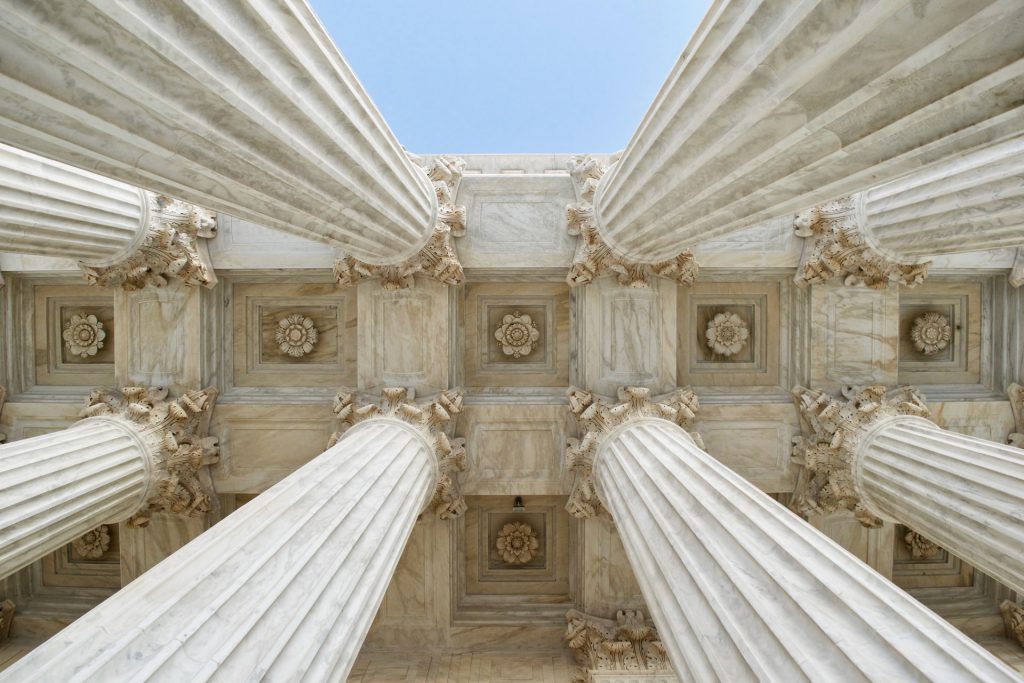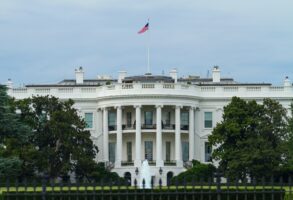
Published June 17, 2021
Today, the Supreme Court did something it does not ordinarily do: Issue a 9-0 decision, and in defense of religious liberty no less.
The case, Fulton v. City of Philadelphia, concerns a dispute about whether religiously oriented foster care agencies, such as Catholic Social Services (CSS), can contract with the state to provide for needy children while doing so without compromising their convictions about what homes are best for children.
Catholic Social Services has provided foster services for years in Philadelphia and insists on placing children in the homes of married heterosexual couples. That means single persons and same-sex couples are ineligible for placement. Because of the success of cultural progressives in redefining the family, Philadelphia’s non-discrimination policies consider the actions of Catholic Social Services discriminatory and refused to issue it an exemption.
Today that dispute was settled and in a memorable line from the decision, the opinion states:
“The question is not whether the City has a compelling interest in enforcing its non-discrimination policies generally, but whether it has such an interest in denying an exception to CSS. Under the circumstances here, the City does not have a compelling interest in refusing to contract with CSS. CSS seeks only an accommodation that will allow it to continue serving the children of Philadelphia in a manner consistent with its religious beliefs; it does not seek to impose those beliefs on anyone else. The refusal of Philadelphia to contract with CSS for the provision of foster care services unless the agency agrees to certify same-sex couples as foster parents cannot survive strict scrutiny and violates the Free Exercise Clause of the First Amendment.”
According to the Supreme Court, what the city of Philadelphia did in refusing to offer an exemption to Catholic Social Services violates the free establishment clause of the First Amendment because it forced CSS to choose between its mission and its convictions. That’s an unworkable solution at odds with our Constitution.
What’s important to observe in this short summary is at the very heart of religious liberty as a legal matter: The Court is shifting the burden back on the state to determine whether it has just cause to restrict religious liberty. This opinion thus affirms an important principle in our Constitution: The default is liberty for persons and organizations, and it is the responsibility of the government to prove what justification it has to restrict one’s free exercise. Today’s opinion reaffirms this framework.
While religious liberty proponents will undoubtedly wish that the Court had chipped away at the Smith test that has hobbled religious liberty for over two decades now, we should still celebrate today’s ruling as a significant win.
It’s hard to say what precedent this ruling will affect long-term, but we should pray that it has cascading effects elsewhere in demonstrating the intrinsic reasonableness of Christian viewpoints about sexuality and family. As a free exercise matter, this ruling implicitly grants that what the foster care agency demanded by way of an exemption is not unreasonable and therefore, not bigoted. From here, it’s up to us to exercise the courage and conviction of articulating why our beliefs about the family are not only good for children, but for the common good of all.
This case should be of particular interest and concern to Kentucky Baptists, who have been embroiled in a long controversy with Governor Andy Beshear’s administration which has likewise engaged in discrimination against Sunrise Children Services, an entity of the KBC, because of their convictions. Despite past precedent of granting an addendum to Sunrise Children Services, the Beshear administration has stubbornly persisted in denying the extension of an addendum to Sunrise that would make it possible to continue their partnership with the state. If anything is clear from today’s ruling, the Beshear administration has no legs to stand on in their opposition to renewing the addendum. After today’s ruling, the Beshear administration should immediately reverse course lest they be at odds with the Supreme Court.
Today’s win is an occasion to celebrate, but it’s not an occasion to sit back and relax.
Andrew T. Walker is associate professor of Christian ethics at Southern Baptist Theological Seminary and a fellow with the Ethics and Public Policy Center.








